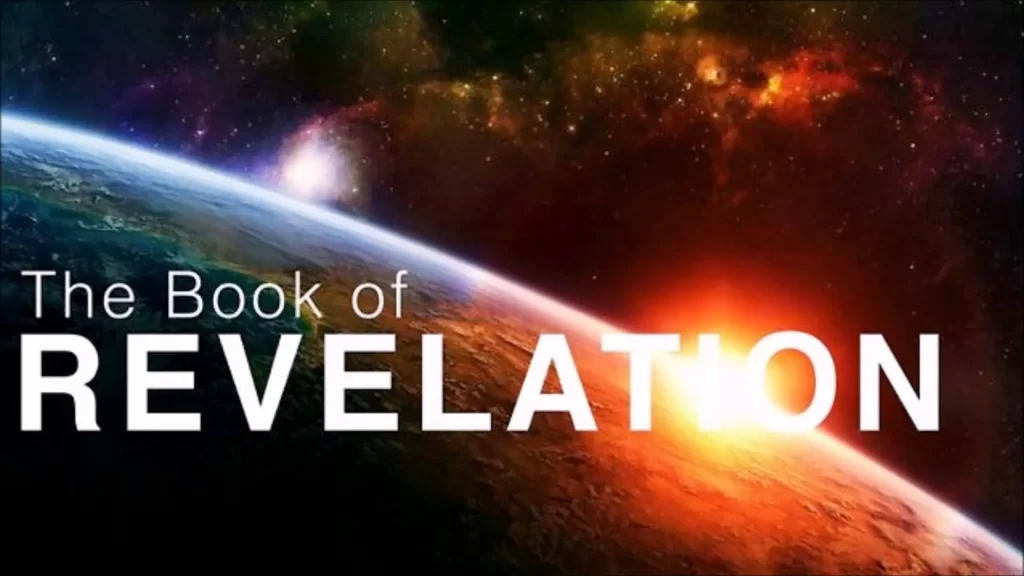This week we are reading through Revelation 8-9. In these chapters, the seventh seal of the Divine scroll is opened.
The Seventh Seal
Each time the Lamb opened a prior seal, something tumultuous occurred – a horseman was released, the martyred saints cried out, or earthquakes and celestial signs manifested. The final and seventh seal is opened, and there is only silence – an eerie unexpected absence of activity. It is the silence of soldiers as they look across the field of battle knowing death awaits. In silence, seven trumpets are handed out to seven angels. Trumpets signify both battle (Judges 17:18, 1 Chron. 13:12) and/or the very presence of God (1 Chron. 15:24). Within this silence, another angel enters before the One on the throne and offers the incense of the atonement (Lev. 16:13) which are the prayers of the saints (Ps. 141:2). The imagery of battle and of worship are intermingled and intertwined because that is the nature of the worship that John gives us. To paraphrase the first question of our baptismal covenant “Will you overthrow Satan and all the spiritual forces of wickedness that rebel against God.” 1979 BCP 302. The angel censes the altar and throws the censor to the earth. The silence breaks with peals of thunder, flashes of lightning, and the earth quaking.
The Seven Trumpets:
The seven trumpets are part of the seventh seal. These trumpets announce God’s coming judgment and war against the forces of evil. The trumpets not only gather together the hosts of heaven but serve to warn those of the impending danger. In this imagery, John draws upon God’s prior judgment on Pharoh and the Egyptians contained in the Plagues of Exodus 7-10. Jesus, of course, is the Passover Lamb of Exodus 12 and John is retelling this story in a new, very different, and startlingly outrageous way. The saints are enslaved to the pharaohs of this world, but redemption is coming. This is the gospel message of God in Christ returning to free all of his people once more. When you read for this Tuesday, remember the Exodus.
The First Four Trumpets:
The first trumpet sounds its judgment and fire and hail and blood fall to the earth. This is the seventh plague of Exodus 9:24. The second trumpet sounds and something like a burning mountain falls into the sea turning it into blood. This is the first plague of Exodus 7:17. The third trumpet causes the star of Bitterness to fall and makes the water undrinkable. This is the first challenge to the Israelites in the desert in Exodus 15:23. The fourth trumpet sounds and a third of the sun, the moon, and the stars were struck. This is similar to the ninth plague of darkness in Exodus 10:21.
Within the first four trumpets there is a progression of judgment from the earth, to the sea, to all water, and then to the powers of heaven themselves. What was life-giving (the earth, the sea, and drinking water), is now life-taking. In Exodus, everything suffers – the entirety of the Nile is turned to blood, everything in the fields was destroyed by hail, and the whole land suffered darkness. In Revelation, however, these judgments are measured so that only a third suffer.
Why only a third and what is exactly getting judged will be revealed as the vision progresses. One way, however, of viewing these judgments is through the lens of Malachi 3:2, where judgment is a refining process that burns away the evil. God has a burning loving desire towards his creation to cleanse his creation so that it can draw nearer to him. The evil in creation and the evil in each one of us is being judged and burned away in these verses. The one-third is the dross.
Dinner is at 6:30. The menu is Chinese Chicken Salad. Discussion about 7:15. Hope to see you here.
Our God will come and will not keep silence;
Psalm 50:3-4
before him there is a consuming flame,
and round about him a raging storm.
He calls the heavens and the earth from above
to witness the judgment of his people.


Pingback: The Revelation – Demonic Locusts – Rev. 9 – Ancient Anglican
Pingback: The Revelation – The Bowls of Wrath – Rev. 16 – Ancient Anglican